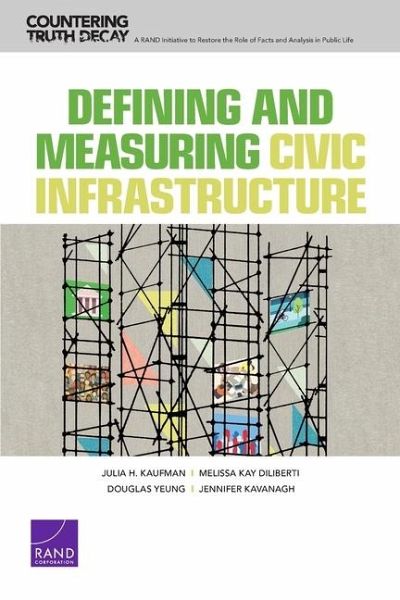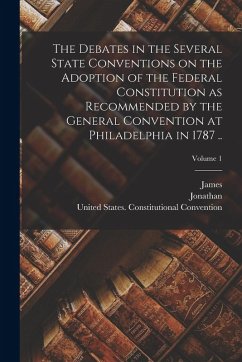
Defining and Measuring Civic Infrastructure
Versandkostenfrei!
Versandfertig in über 4 Wochen
21,99 €
inkl. MwSt.

PAYBACK Punkte
11 °P sammeln!
This report offers a framework for defining civic infrastructure, then presents measures that provide information to help monitor civic infrastructure across the nation, in individual states, in communities, and across diverse populations.














